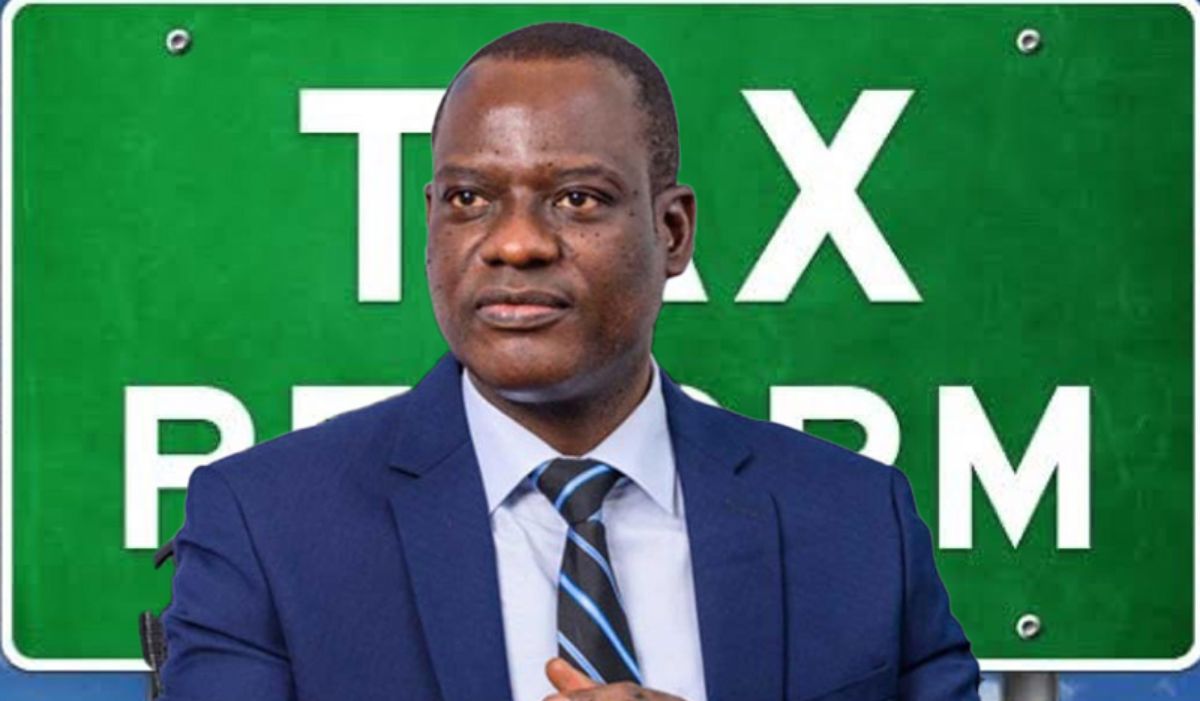5% Fuel Levy Won’t Touch Kerosene, Cooking Gas, CNG, or Clean Energy – Tax Reforms Committee

The Presidential Fiscal Policy and Tax Reforms Committee has moved to allay public concerns over the planned 5% fuel surcharge under Nigeria’s new tax laws, clarifying that it will not affect key household energy products.
In a FAQ statement released via X (formerly Twitter), the committee’s chairman, Taiwo Oyedele, stressed that kerosene, cooking gas (LPG), compressed natural gas (CNG), and clean energy products are exempt.
“No. Several energy products used by households are exempt. This includes household kerosene, cooking gas (LPG), and compressed natural gas (CNG). Clean and renewable energy products are also excluded to align with Nigeria’s energy transition agenda,” the statement noted.
The committee emphasised that the levy will not automatically apply once the new tax framework takes effect in January 2026. Instead, implementation would only begin after a formal order from the Minister of Finance published in the Official Gazette, in line with Chapter 7 of the Nigeria Tax Act, 2025.
It added that while savings from the removal of petrol subsidies can contribute to road projects, they are insufficient to meet Nigeria’s vast infrastructure demands. The surcharge, therefore, is intended to serve as a dedicated fund for road construction and maintenance.
According to the committee: “If implemented effectively, it will provide safer travel conditions, reduce travel time and cost, lower logistics costs and vehicle maintenance expenses, which will benefit the wider economy.”
It also highlighted that this practice is common globally, with over 150 countries imposing fuel-related levies ranging from 20% to 80%.
The reforms are part of four tax bills signed into law by President Bola Tinubu in June 2025, including the Nigeria Tax Bill and the Nigeria Revenue Service (Establishment) Bill. These laws, which followed extensive stakeholder consultations, will take effect on January 1, 2026.





